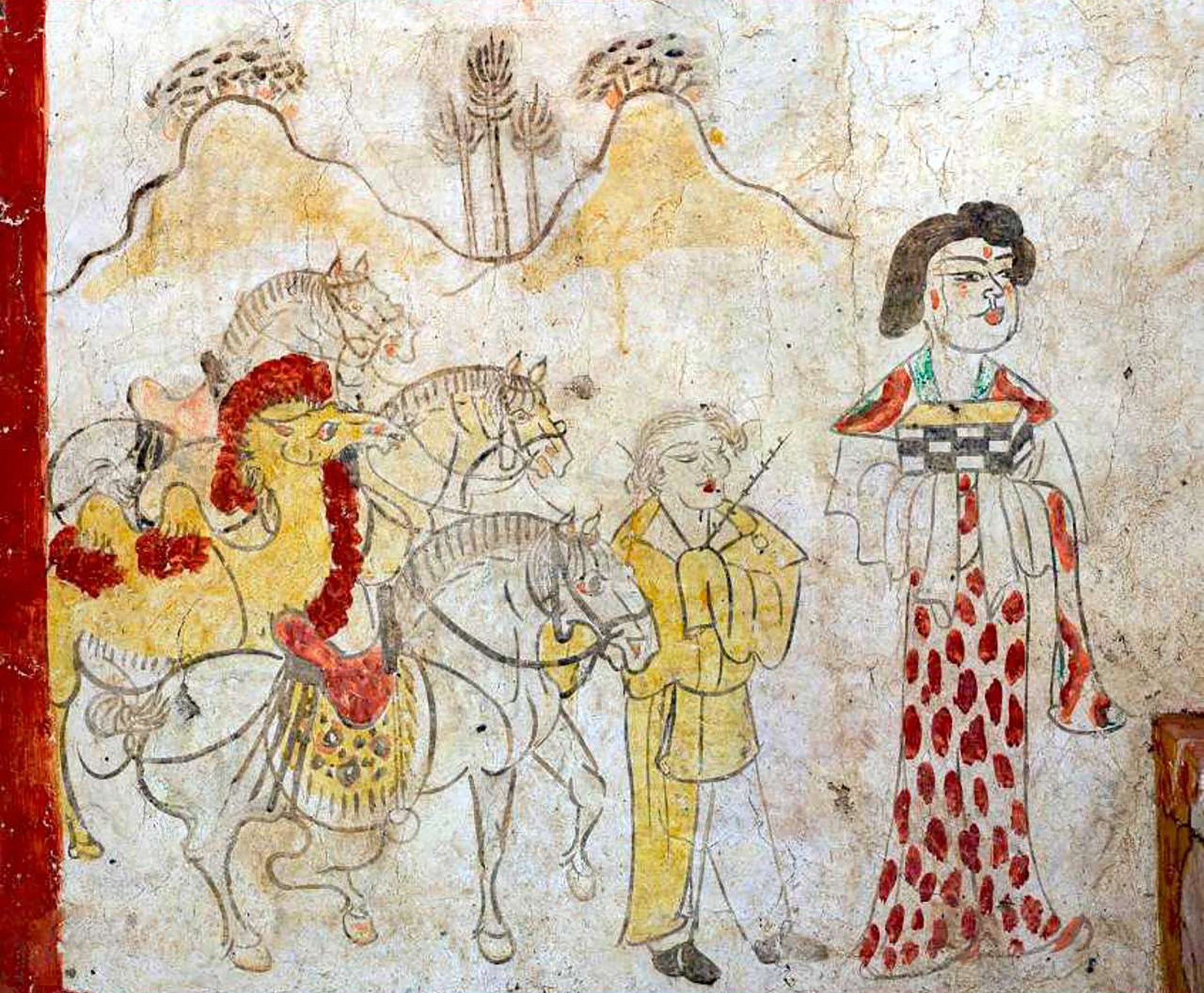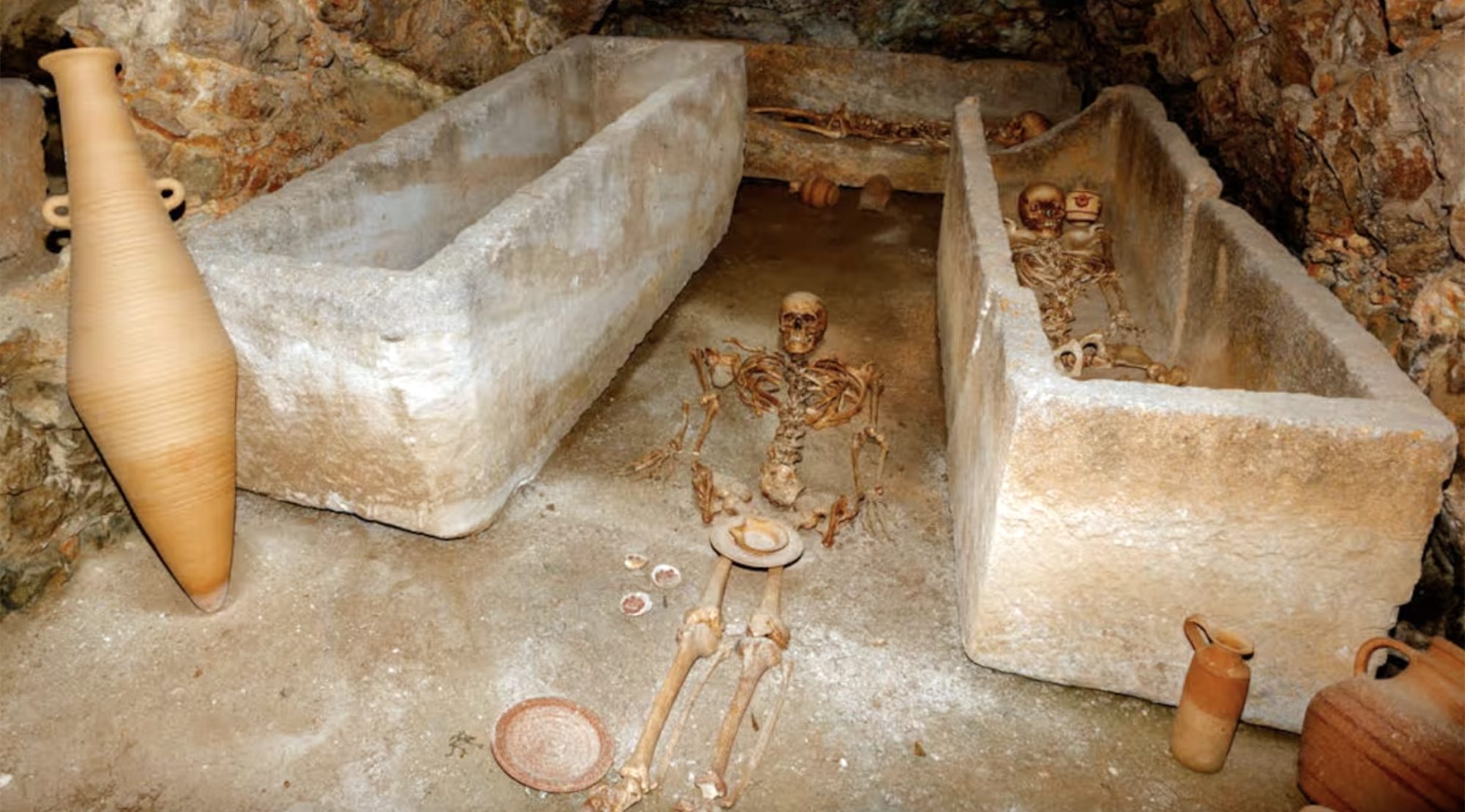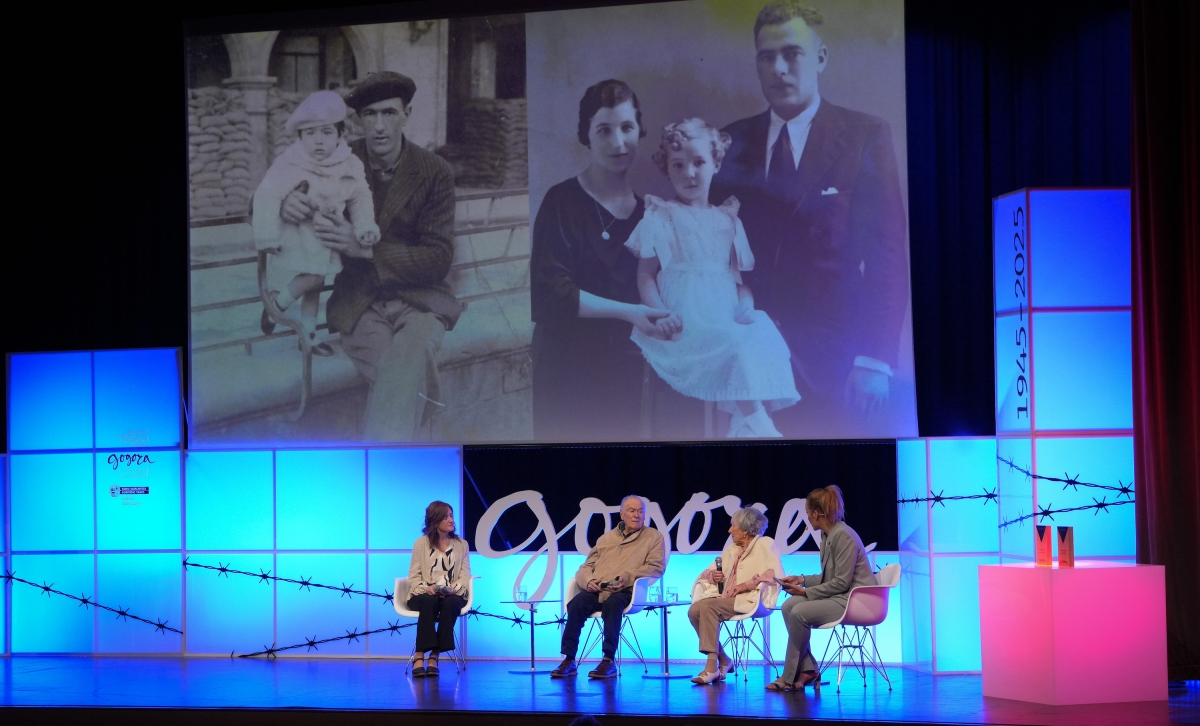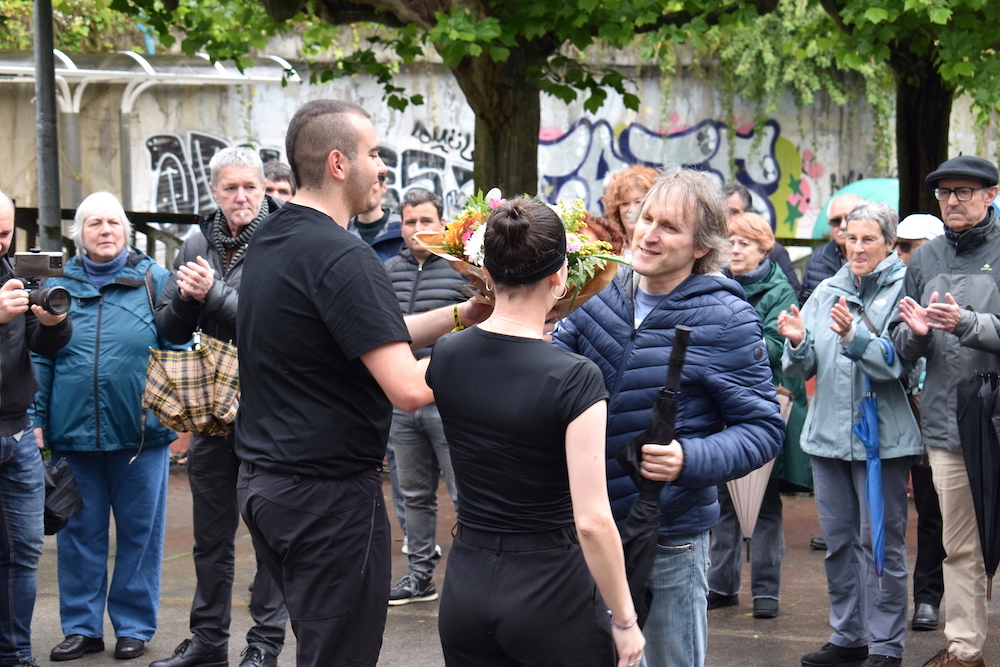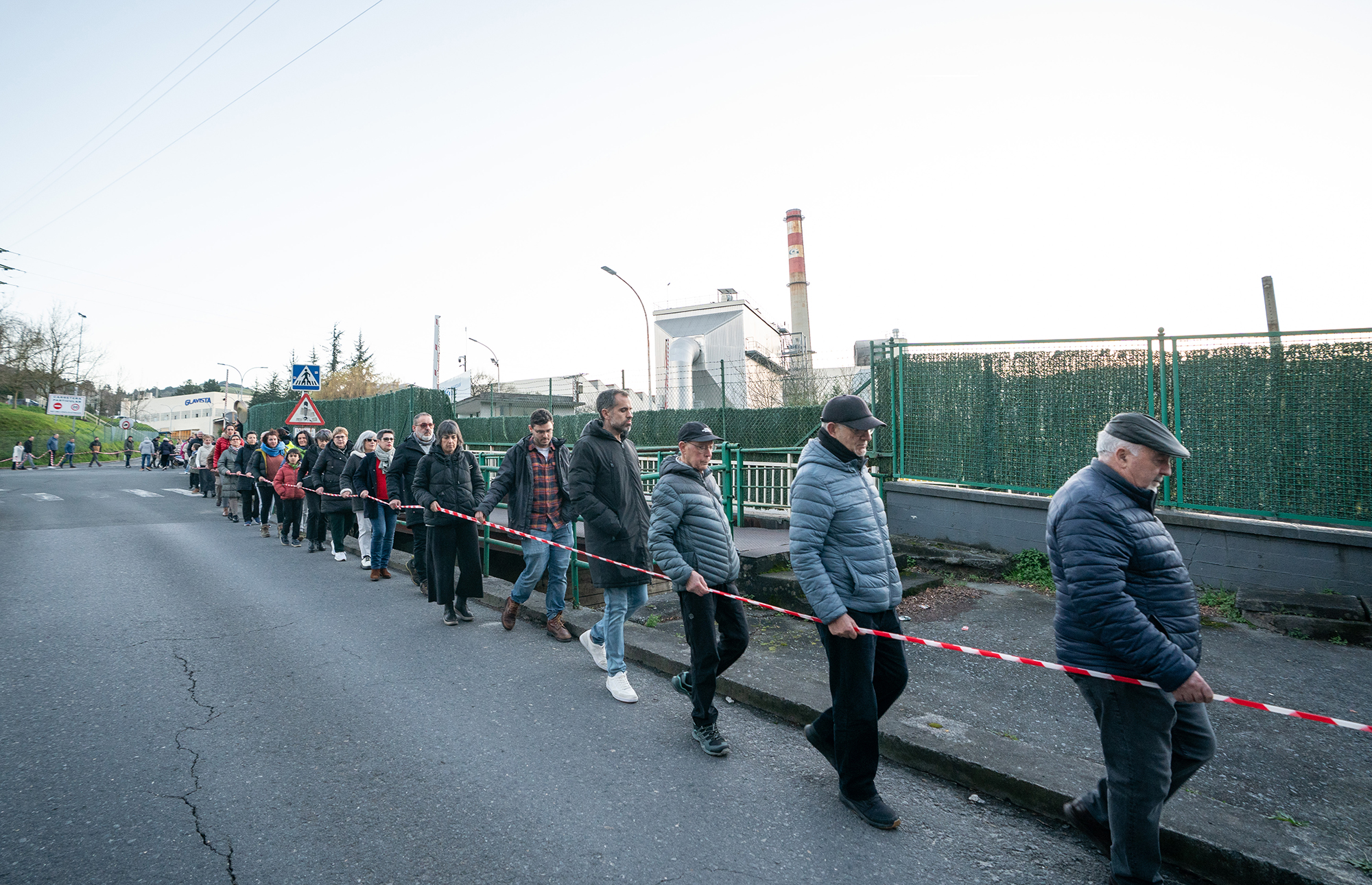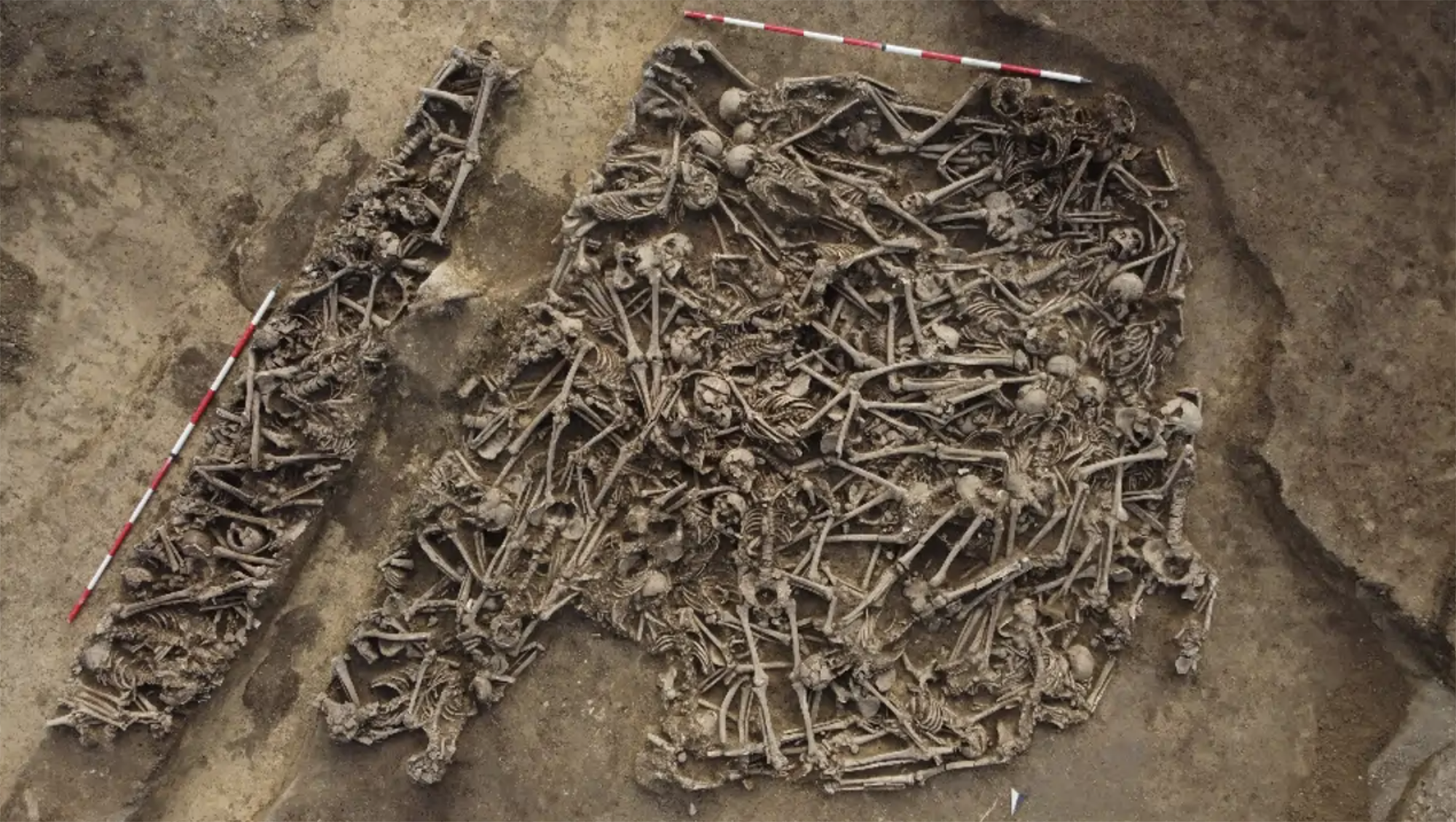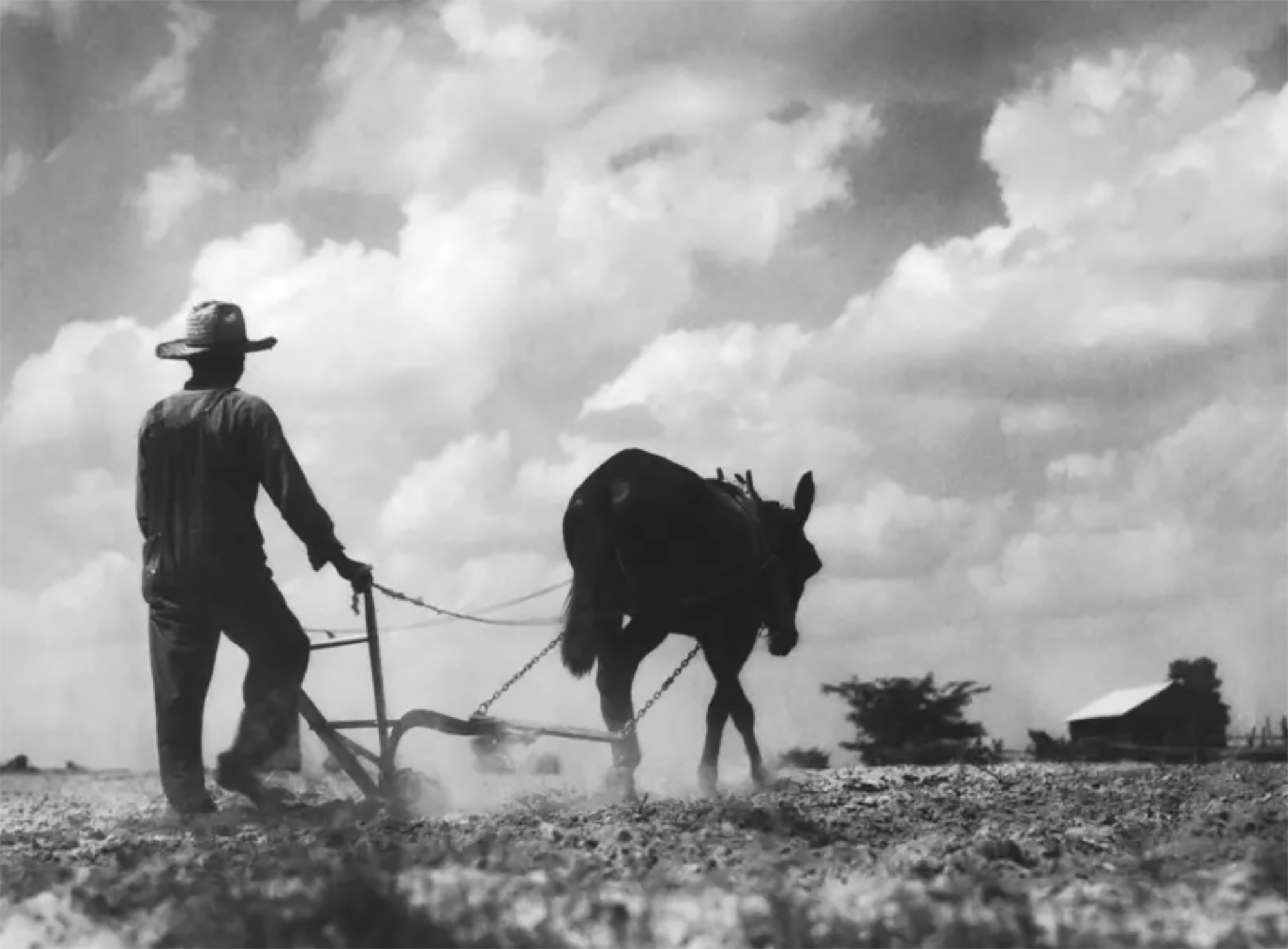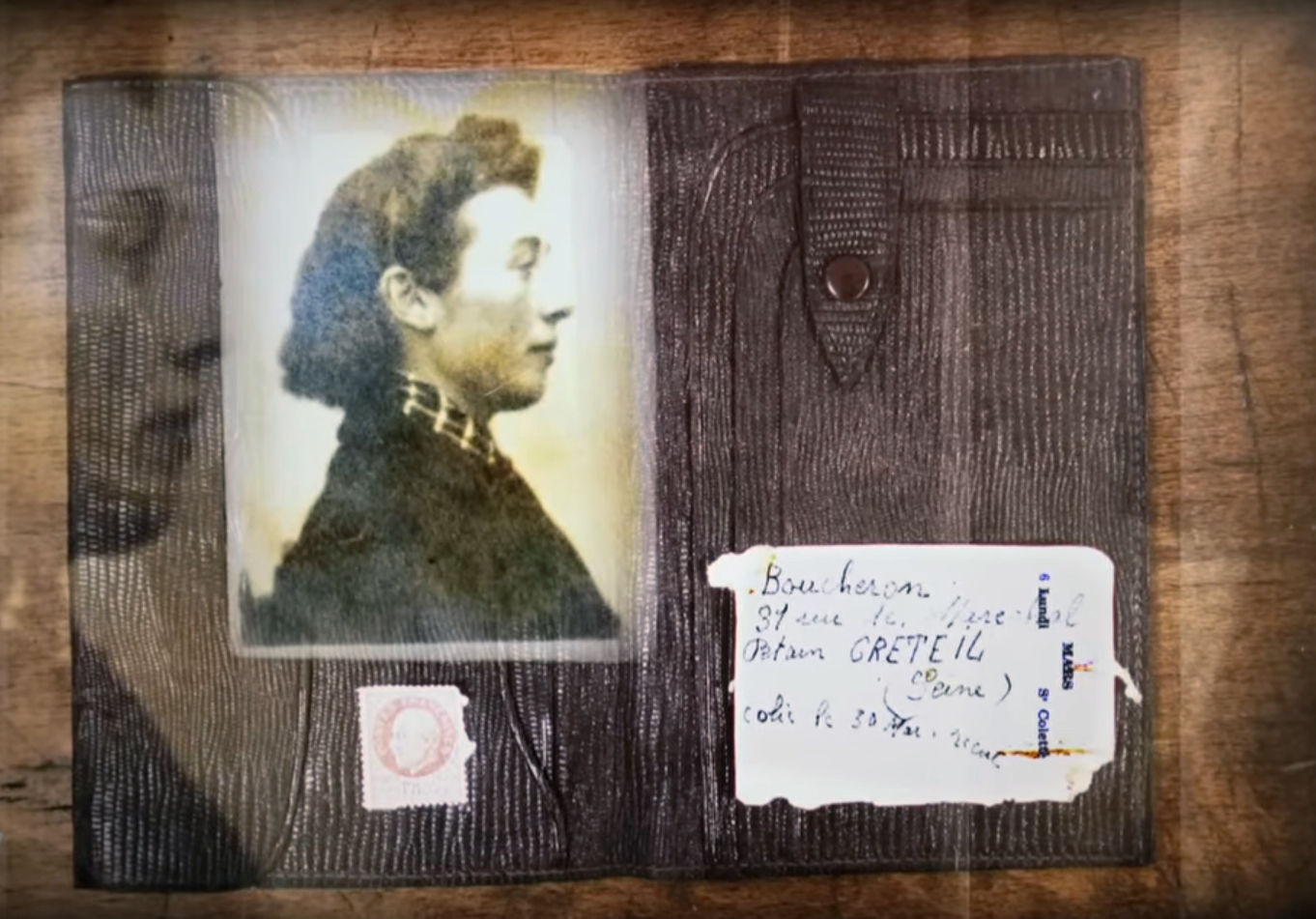A Chinese in the Basque Army
- Begoña Ariznabarreta (Soraluze, 1953) is the daughter of militia Luis Ariznabarreta 'Espilla', who last year began an investigation to locate the descendants of the Chinese brigadist Aking Chan, who was his war companion. In ten months, he has borne fruit and, by the way, has known his father and the war more deeply.

Last year, when the lockdown was established, Begoña, along with her sisters, found in her parents' house a series of manuscripts written by her father about the Civil War: "They appeared among the materials of the room and, among them, e.g.! Russians and Chinese in the Basque Army and Chinese in the Basque Army. In the first, he tells how the Asturians thought they were Russians when they heard the Basque soldiers in Euskera; and in the second, he points out that in the last weeks of the war they had as combat partners in the north front a Chinese called "Shanghai".
Begoña consulted on the subject on the Internet and found the book Chinese Brigadists in the Civil War (China, 2001), which she wrote on the subject. He obtained the Spanish version (Madrid, 2013) and found what he was looking for on his first pages: Mention of brigadist Aking Chan. However, he said nothing of his father’s count, that Chan had landed in Gijón and belonged to the Basque Navy.
Father, militiamen and prisoner
Following this thread, Begoña contacted translators from the Autonomous University of Barcelona and with his help managed to contact the original authors of the book, Hwei and Len Tsou, Chinese wives living in California. "After exchanging information, I told them that it would be very nice to hand my father's manuscripts over to Chan's offspring, and since then, we've been researching together." The clues he has just discovered in recent weeks in Gijon and Paris have further aroused the hope of finding his successors.
Unexpectedly, when trying to complete the data, in the Fundación Sancho el Sabio de Vitoria-Gasteiz, in the 1990s, Carlos Blasco Olaetxea Fondoa found in the Historical Archive of the Basque Country the audio of the interview with his father. "In that audio there is my father's story until he was taken out of Plaza, imprisoned and released in Asturias. It's a great treasure for us, and it's shocking at many times."
The story of his father's war is completed with what he told in his manuscripts and in the audio: In 1936, at 20 years old, Luis Ariznabarreta Espilla volunteered to fight in the Basque Army. He was first a member of the Placentina Company (along with some 200 placentals of different ideologies) and then a militiamen of the socialist battalion Amuategi. He began to retreat on the fronts of Basalgo, Irure and Arrate and witnessed the bombing in Gernika. He fought in Etxano, Lemoa and countless battles, until in 1937 they surrounded themselves in Trubia (Asturias) and were made prisoners. There began the "great calvary" of the losers.
.jpg)
After being apprehended by the victors, he served three years of imprisonment and one of recruitment. During the first three years, he remained in several Spanish concentration camps, especially performing forced labor: Mieres (Asturias), El Picadero and San Marcos (León), Santoña (Cantabria), Teruel, Cuenca, Guadalajara, Castellón… Finally, in 1940, he was transferred to the civilian guard's headquarters in La Plaza, but from there he was sent "recruit" to Donostia-San Sebastián, extending the penalty for another year. He returned home in December 1941, but on condition that a ban on leaving the country was established. In addition, between 1936 and 1945, he lost his father, his mother and two siblings because of the illnesses he suffered.
Shanghai, "friend"
According to Luis Ariznabarreta in the manuscript A Chinese in the Basque Army, he met Shanghai in Asturias, eight weeks before being apprehended by nationals. "When we were in Ceceda (Asturias), a Chinese arrived at our meeting that was born in the city of Shanghai, accompanied by two Basques, to enroll in our Brigade. He was assigned to my squadron and he fought with us, and we held him by our side. (...) Therefore, the Chinese I mentioned fought with the Basques. We called it Shanghai, because it was the name of its place of origin. He was one more Basque among us, both in the fight and in prison. I lost her track in Leon's jail, after taking the statement, when she was transferred, I don't know where. I stayed in Santoña prison. (…) Friend Shanghai, from this corner of Vitoria, from Euzkadi, a hug and a cordial greeting, wholeheartedly. Koldaritz."
According to Begoña, Chan fled his country on a boat to "save his life, as the Chinese nationalist party persecuted him for the creation of a communist union". He landed in Gijón, where he entered the Basque Brigade for the Republic. According to military documents, after being apprehended, he suffered a terrible sentence. It was maintained for six years in the worst concentration camps: Mieres, El Picadero, San Marcos, Santoña, San Pedro de Cardeña, Belchit, Palencia and Miranda de Ebro.
In May, he wrote to the Military Archive of Ávila, and in two weeks he received the answer: "On September 23, 1943, Aking Chan was handed over to a representative of the Chinese legation, Mrs. Moncha Wei." She started looking on the Internet, and she discovered her wife's flax, this year's. The search continues with the findings of her wife's nephews in Gijón, where they have confirmed that her aunt died in March, at 97 years old. Begoña is convinced that in the end he has found Aking Chan. "He married the woman who went to look for her, Montxa Wei. He lived with him in Paris, changing his name, and died without offspring in 1975. I've found the nephews and I'm in touch with them to confirm everything through the documents."
Luis 'Espilla' (Soraluze 1915-Gasteiz 2003)
Luis Ariznabarreta Zubiaurre was born in Espilla Soraluze on 29 October 1915. The Ariznabarreta, originally from the Espilla village (Ezozi district), thus called him by the name of his original dwelling.
Luis, the oldest of four brothers, had a "happy" childhood in the Plaza, as he reported. He started in school at the age of six, with the friars, and there he heard the "first words" in Spanish. At the age of seven, they did the singing tests for the choir, and he was chosen soloist along with Migel Olaizola. He also learned to play the flute and played in the liberal band.
In his youth he was a member of the Unified Socialist Youth and the UGT. In 1936, at the age of twenty, he marched as a volunteer to war, was founded by the citizens in the militia Compañía Placentina and later in the Amuategi battalion. After losing the war, he spent four long years in jail.
In 1944 he married Rosita Orbea Gallastegi, from Osintxua, in Plaza, and in 1956, with a family of four, he moved to Vitoria-Gasteiz, hired at the Hermanos Zabaleta factory, from the placenteros. Since then, the family resided in Vitoria-Gasteiz and had eight children, including Esther, her last daughter, born with Down syndrome and who became her "greatest joy". Alfre, a 33-year-old son, lost in a traffic accident in Morocco in 1995.
In 1977 he joined the PNV and in 1986, after the split of the PNV, he decided to join the Eusko Alkartasuna. In her old age she also maintained her eagerness to sing and learn, reading and singing a lot. He participated on more than one occasion in the tertulias of ancient Gudaris and militiamen, and also sang in the EA choir.
==Death==He died on 23 August 2003, aged 86. A year before his death, he suffered Alzheimer's.
In the Chinese province of Shanxi, in a tomb of the Tang dynasty, paintings depicting scenes from the daily lives of the dead are found. In one of these scenes a blonde man appears. Looking at the color of the hair and the facial expression, archaeologists who have studied the... [+]
Carthage, from B.C. Around the 814. The Phoenicians founded a colony and the dominant civilization in the eastern Mediterranean spread to the west. Two and a half centuries later, with the decline of the Phoenician metropolis of Tyre, Carthage became independent and its... [+]
Salvador Puig Antich frankismoaren kontrako militantea izan zen. Askapen Mugimendu Iberikoko kidea, 1973ko irailaren 25ean atxilotu zuten. Gerra-kontseilua egin zioten, eta garrotez exekutatu zuten handik sei hilabetera, 1974ko martxoaren 2an. Aurtengo otsailean baliogabetu du... [+]
Rudolf Botha hizkuntzalari hegoafrikarrak hipotesi bat bota berri du Homo erectus-i buruz: espezieak ahozko komunikazio moduren bat garatu zuen duela milioi bat urte baino gehiago. Homo sapiens-a da, dakigunez, hitz egiteko gai den espezie bakarra eta, beraz, hortik... [+]
Böblingen, Holy Roman Empire, 12 May 1525. Georg Truchsess von Waldburg overthrew the Württemberg insurgent peasants. Three days later, on 15 May, Philip of Hesse and the Duke of Saxony joined forces to crush the Thuringian rebels in Frankenhausen, killing some 5,000 peasants... [+]
During the renovation of a sports field in the Simmering district of Vienna, a mass grave with 150 bodies was discovered in October 2024. They conclude that they were Roman legionnaires and A.D. They died around 100 years ago. Or rather, they were killed.
The bodies were buried... [+]
Washington, D.C., June 17, 1930. The U.S. Congress passed the Tariff Act. It is also known as the Smoot-Hawley Act because it was promoted by Senator Reed Smoot and Representative Willis Hawley.
The law raised import tax limits for about 900 products by 40% to 60% in order to... [+]









